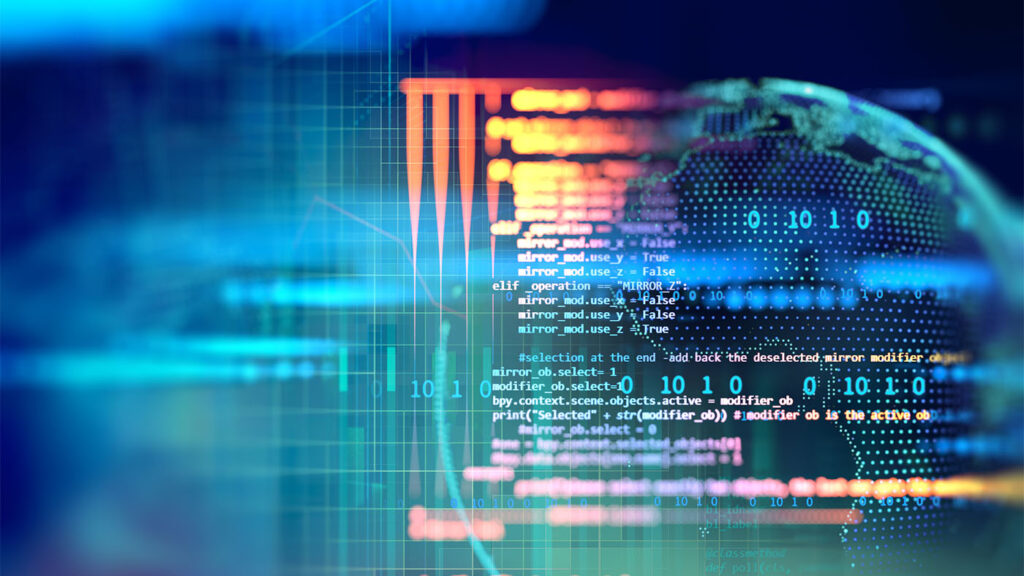Microsoft is in a difficult situation: It has pledged to achieve carbon neutrality by the year 2030, but its emissions have increased by more than forty percent since the year 2020, in part because of the success of its artificial intelligence division. There are some emissions that cannot be eliminated, such as those caused by plane travel, despite the fact that the corporation has purchased a significant amount of renewable power. What should a large technology company do?
Direct air capture (DAC), which is the process of capturing carbon dioxide from the atmosphere, is one of the options that might be considered. Through equity ownership in businesses and a commitment to buy carbon credits in advance, Microsoft has been a significant investor in DAC. This investment has involved both of these methods. On the other hand, DAC is still in its infancy, and entrepreneurs are attempting to discover the most cost-effective and efficient path possible by utilizing a wide variety of alternative methodologies.
In an effort to move things along more quickly, Microsoft made the announcement today that it will be pre-purchasing 10,000 metric tons of carbon from Deep Sky, a developer of the DAC project, over a period of ten years. This will be coordinated with the Royal Bank of Canada (RBC). In contrast to previous DAC projects, which concentrate on a single technology, Deep Sky is holding a competition of sorts, inviting eight startups to its location in Alberta, Canada, in order to determine which one is the most capable of achieving the desired results.
Each of the eight businesses will be given space in close proximity to a well, into which they will inject the carbon dioxide that they have captured. It is also going to be the same source that supplies them with the power to run their operations. It is expected that the shared method will make it simpler for startups to concentrate on what they are most skilled at, which is removing carbon, and not have to worry about the rest of the process. A third party is being utilized by Deep Sky in order to get solar electricity, and the company is also in charge of organizing permits for carbon storage. (One of the aspects that can be considered limiting for any carbon removal and storage project is the process of locating acceptable locations for storage.)
In an interview with Bloomberg, Deep Sky stated that the project is expected to be operational by the month of April, and that Microsoft and RBC will begin to receive carbon credits by the month of June. By the norms of the DAC, that is a fairly short amount of time. If Deep Sky is successful in finding a winner, it may be able to assist in pulling the climate out of its current downward spiral. However, it will not be sufficient to prevent unfavorable warming.

